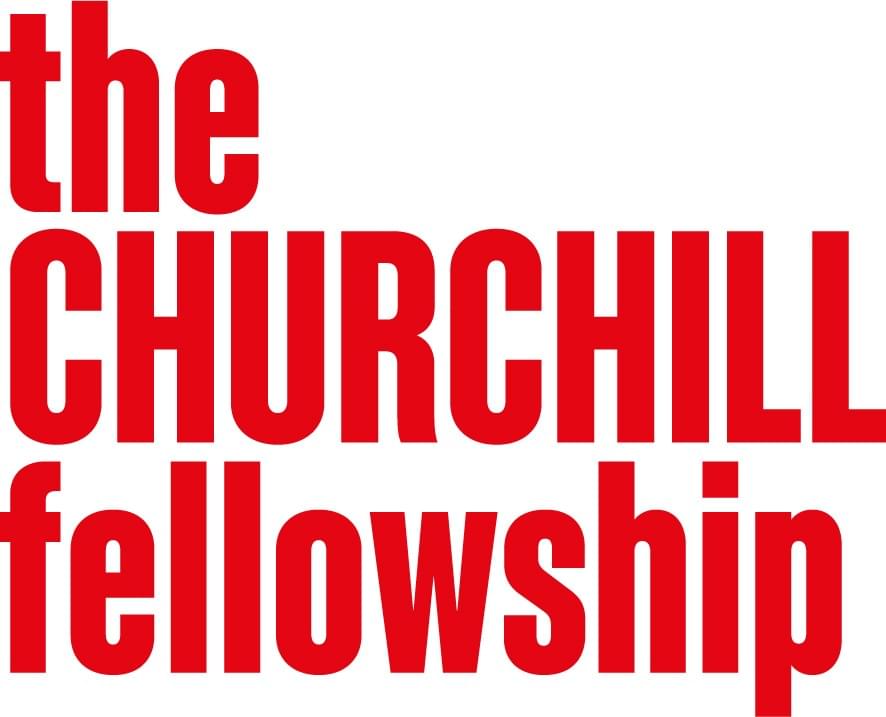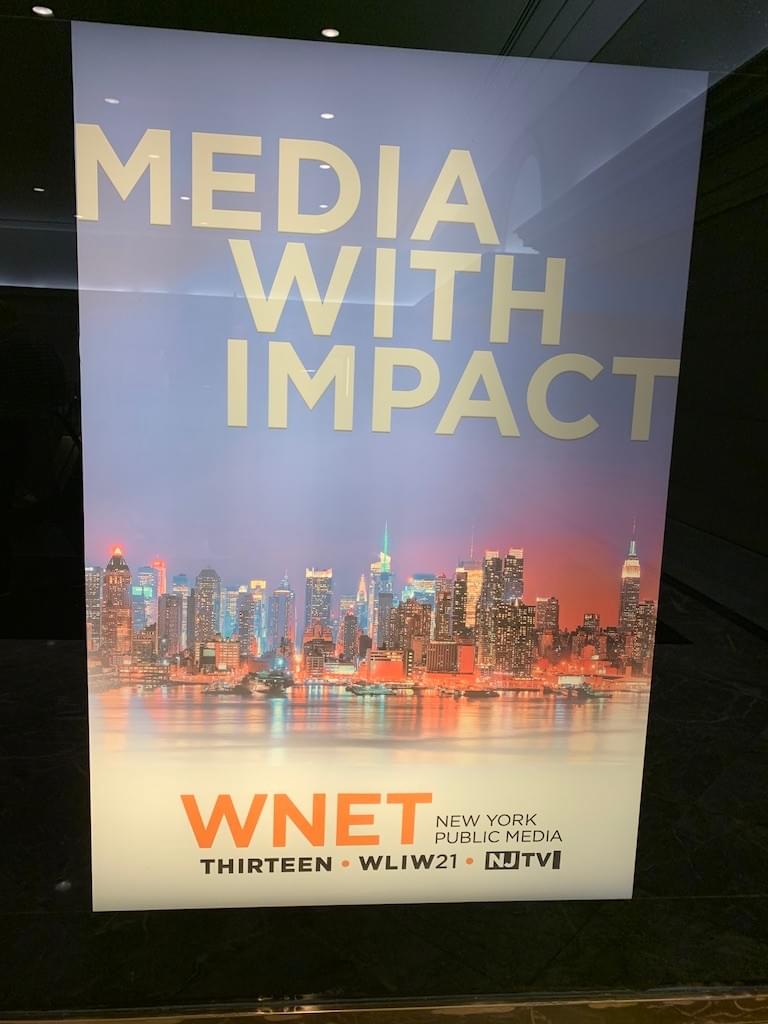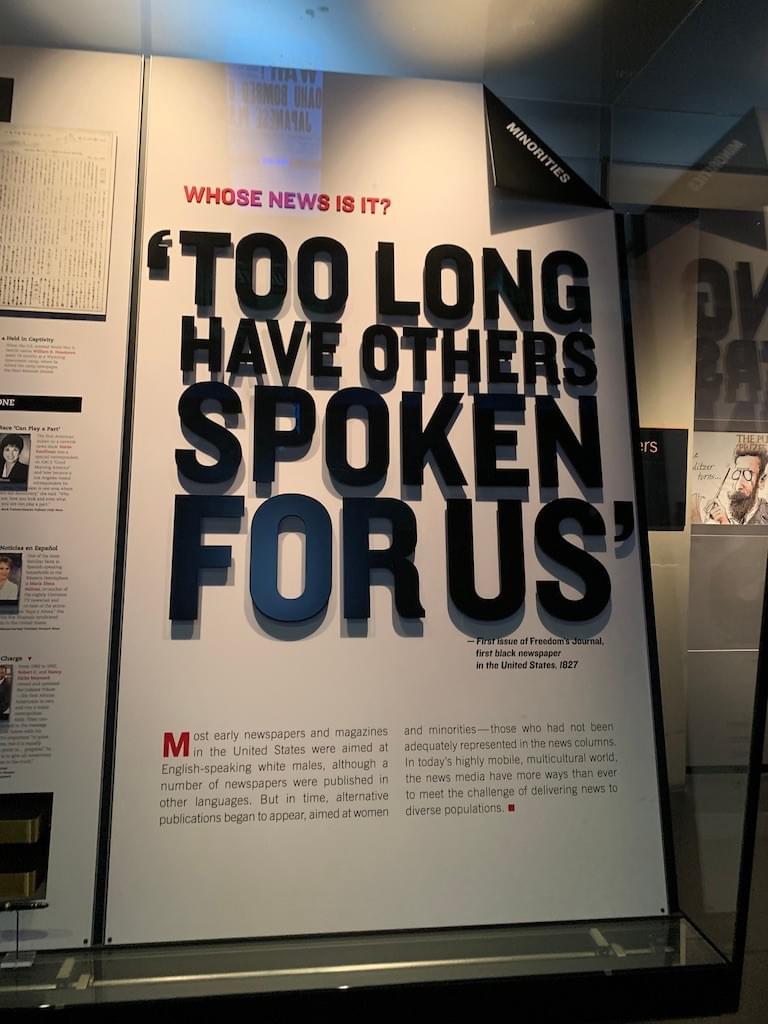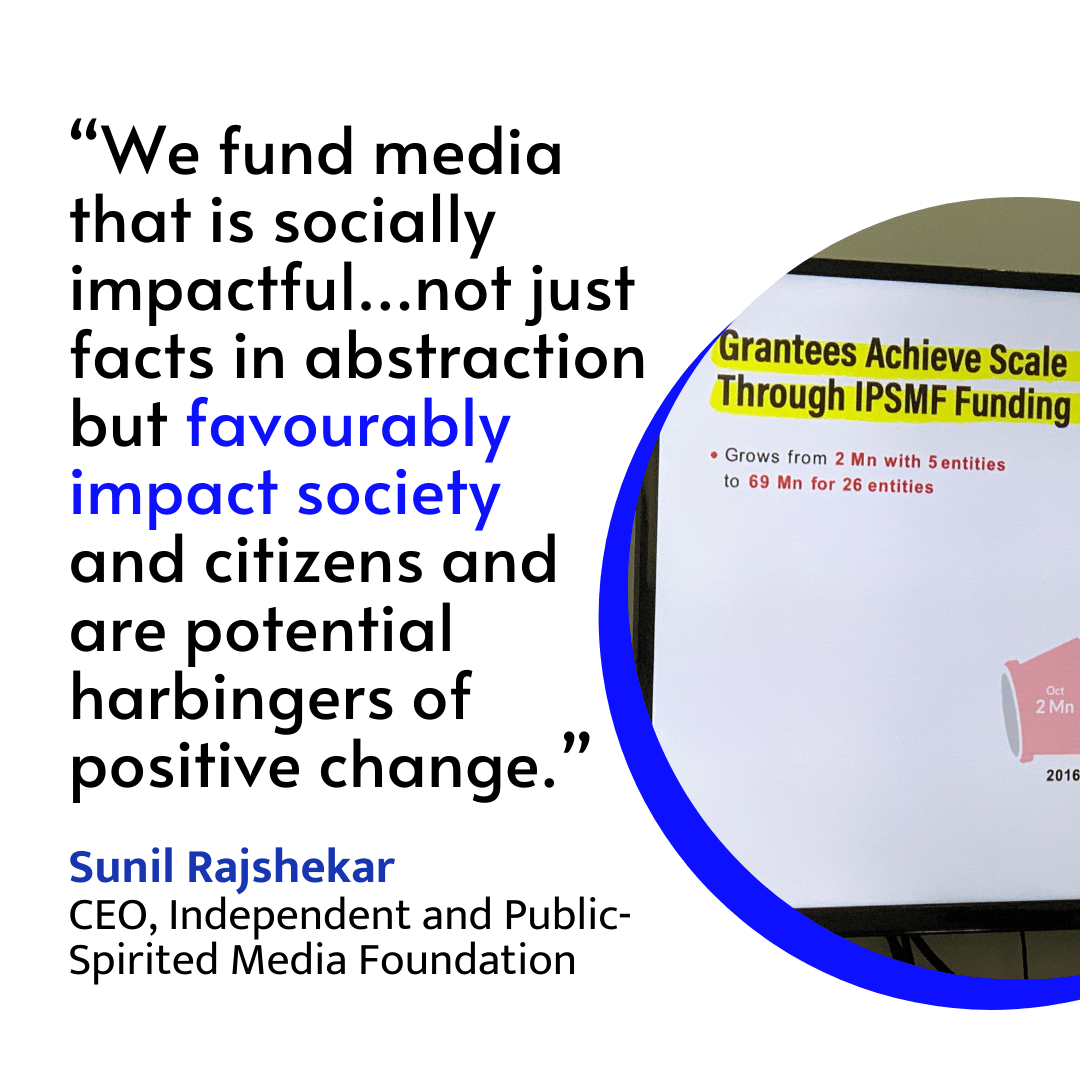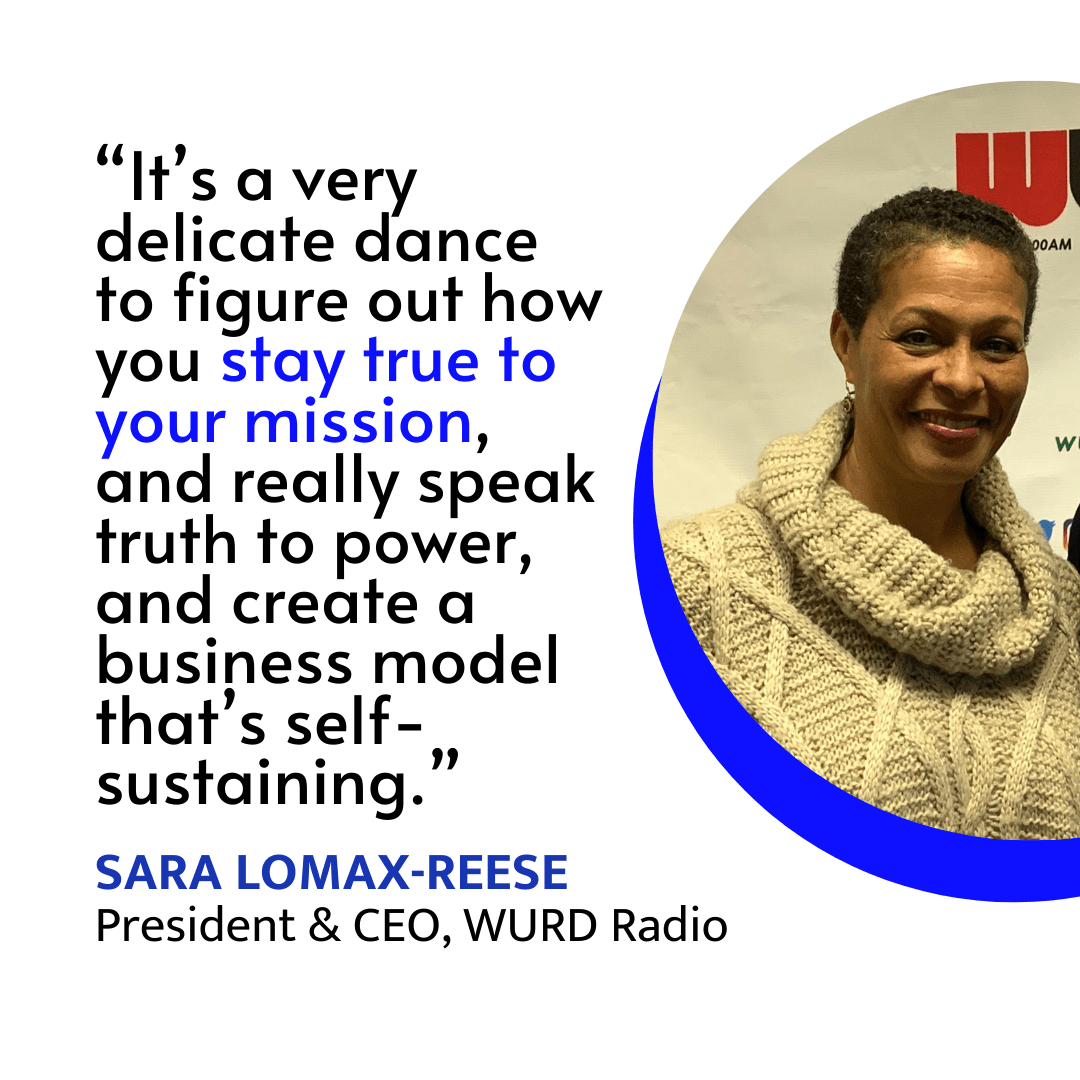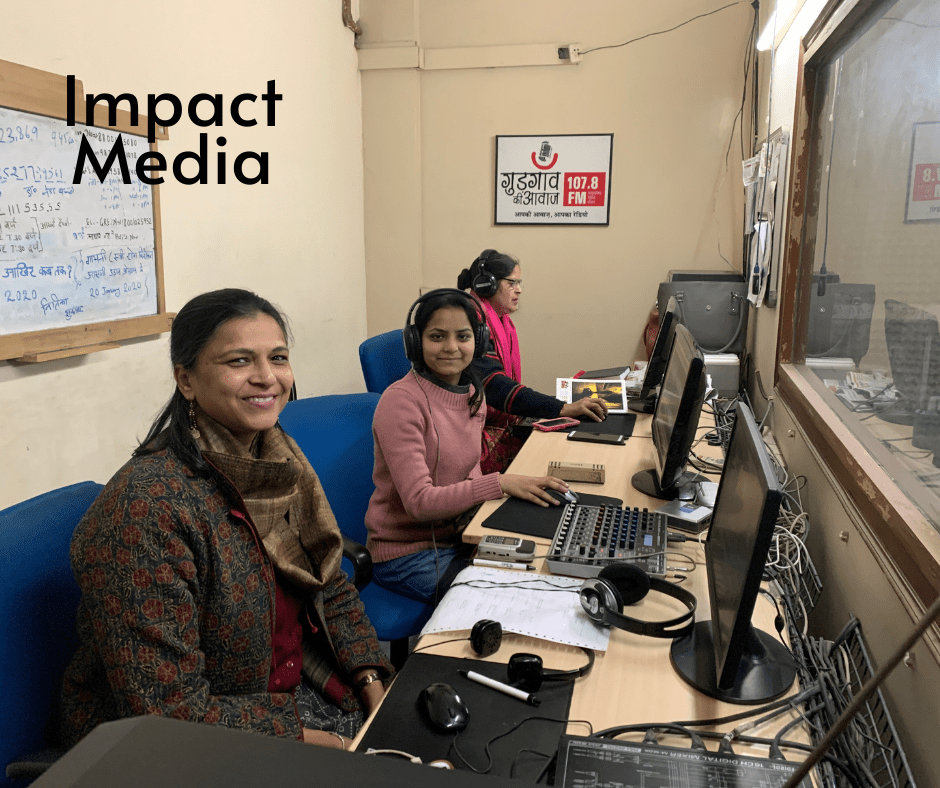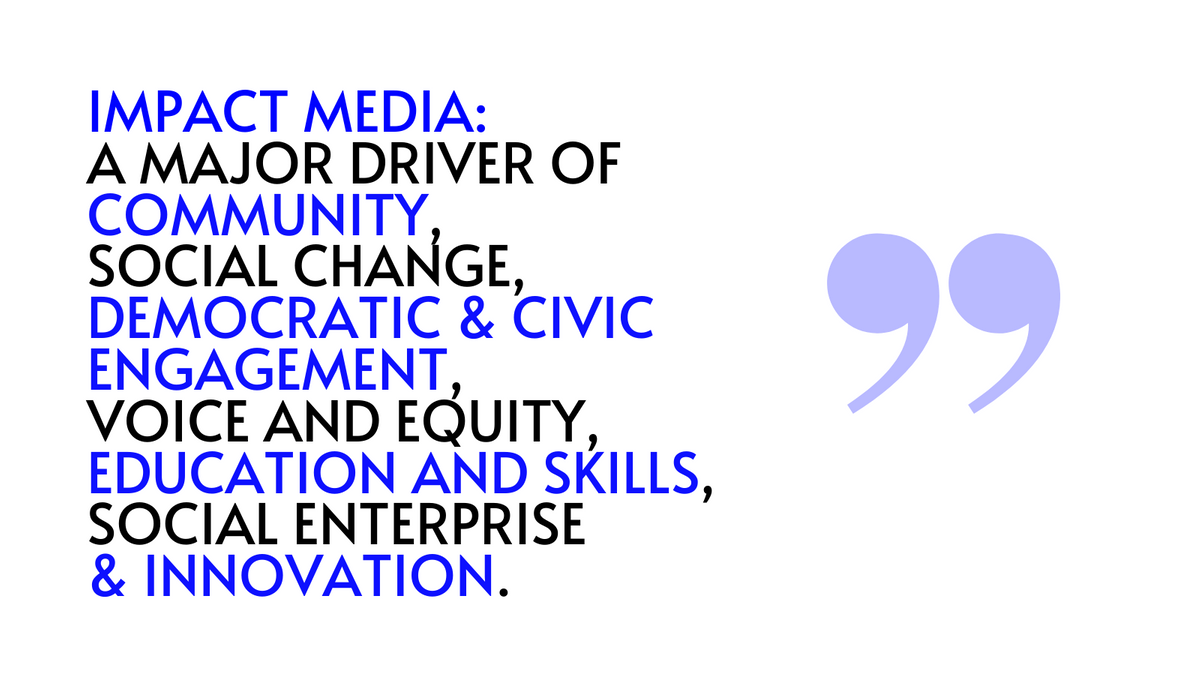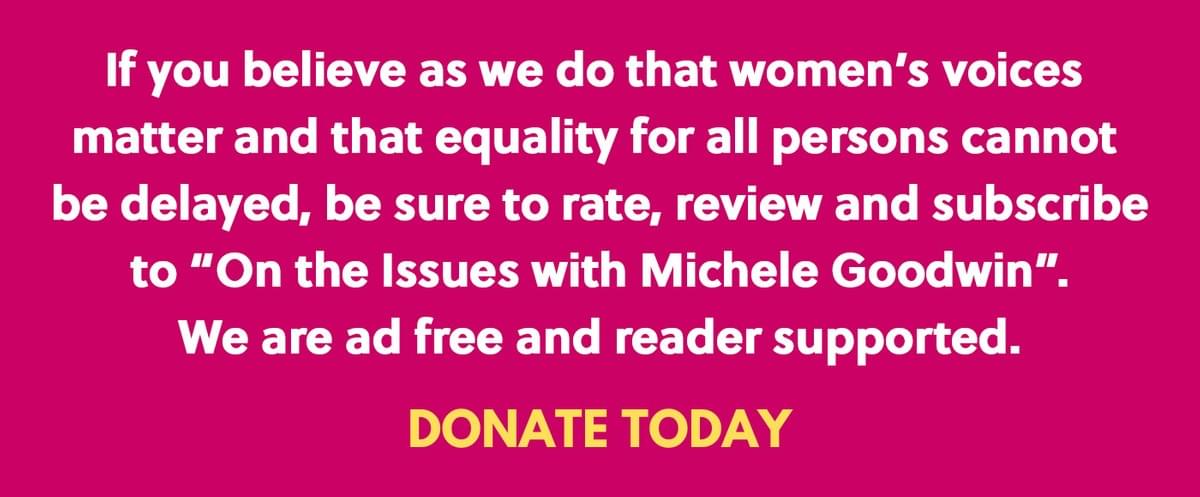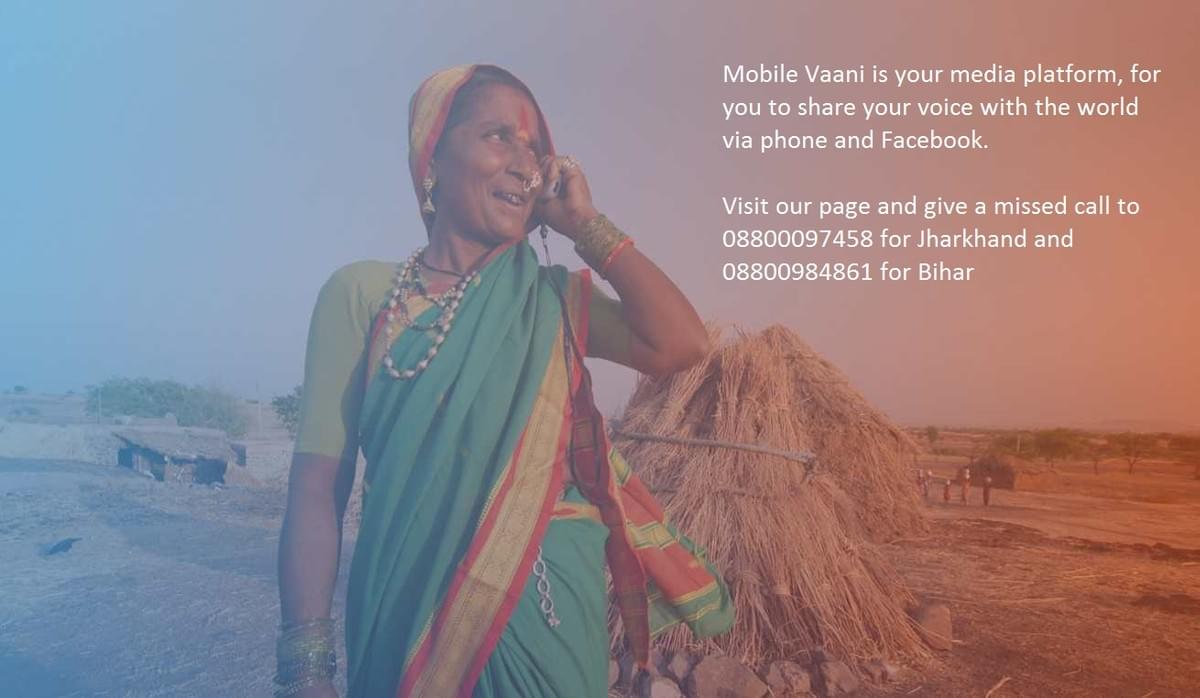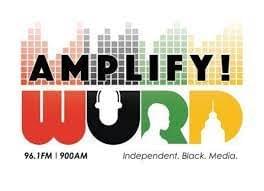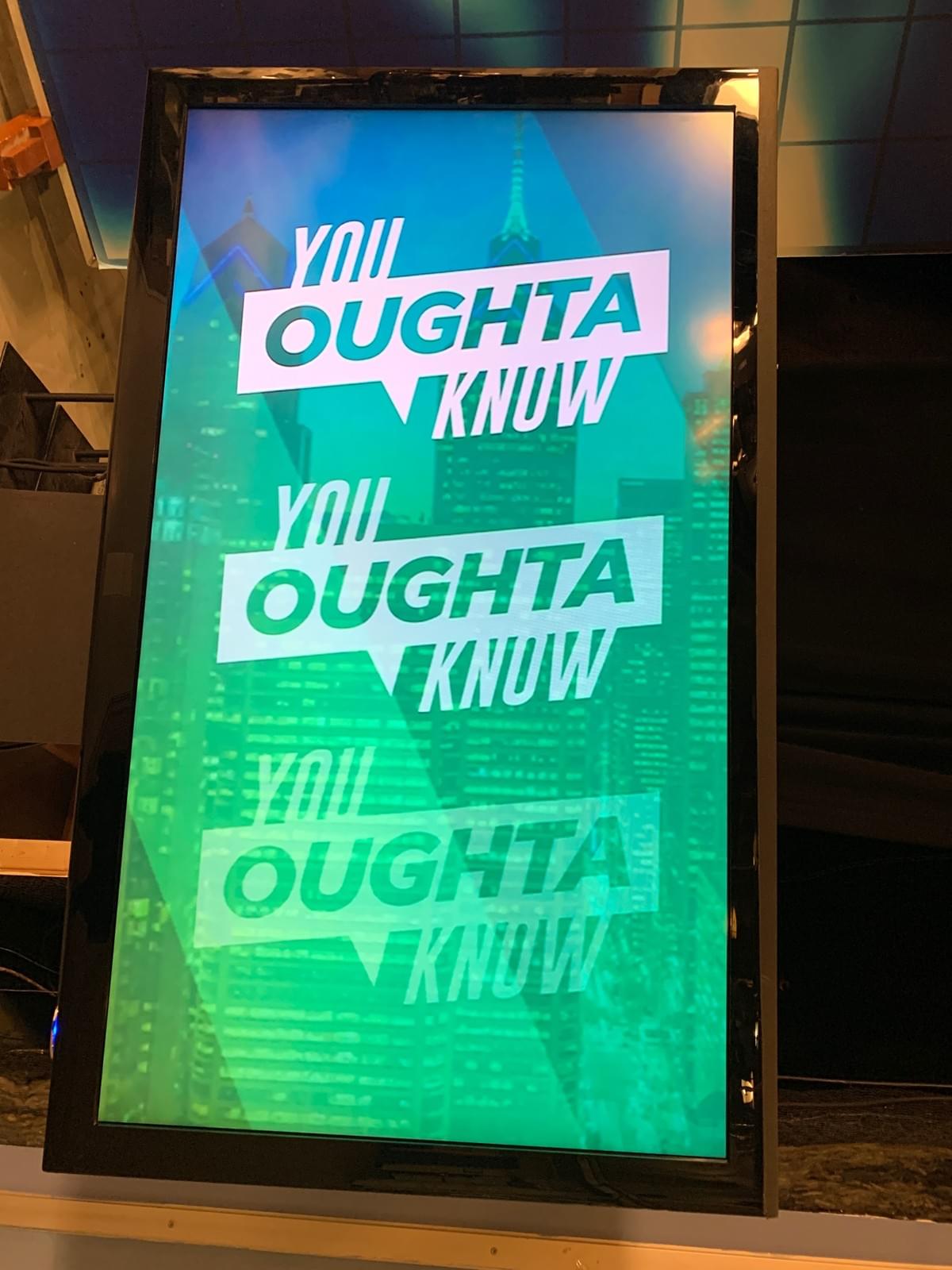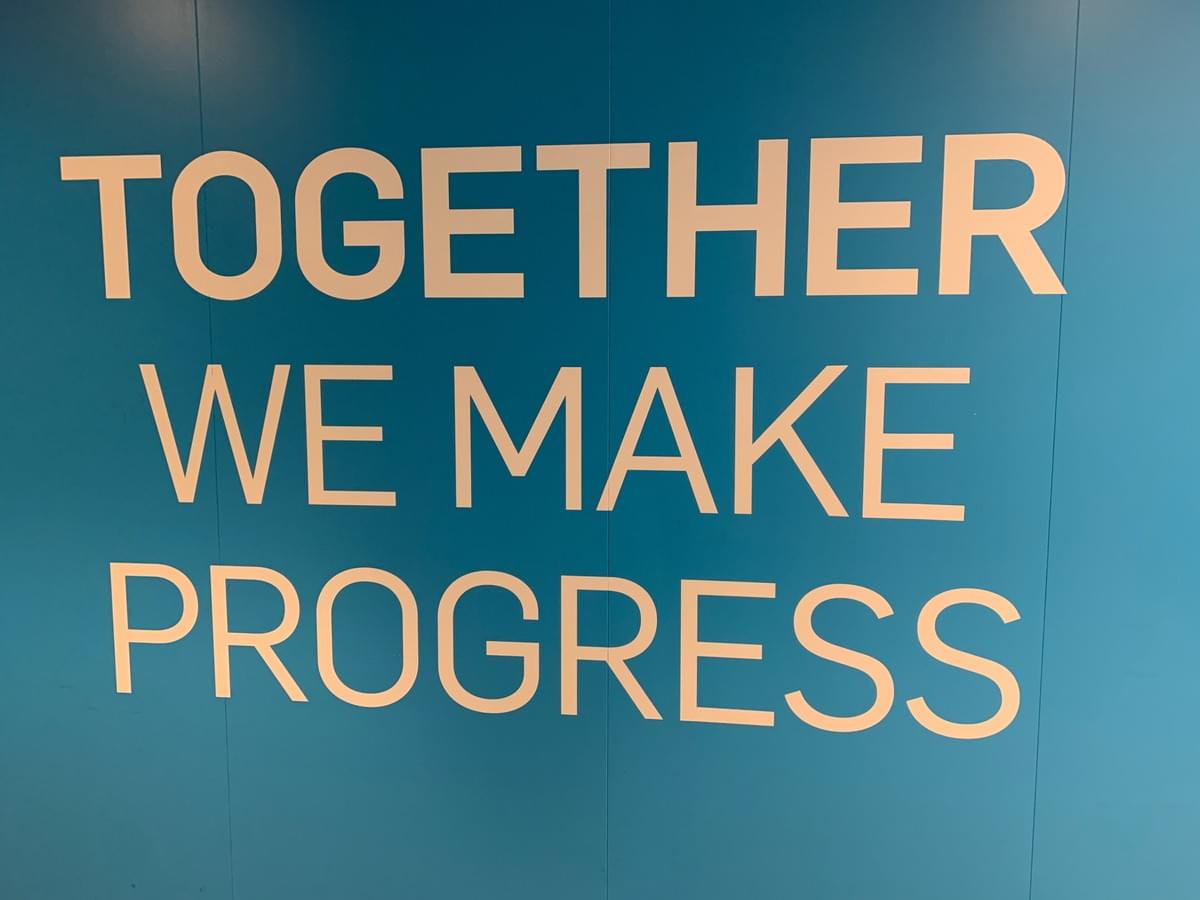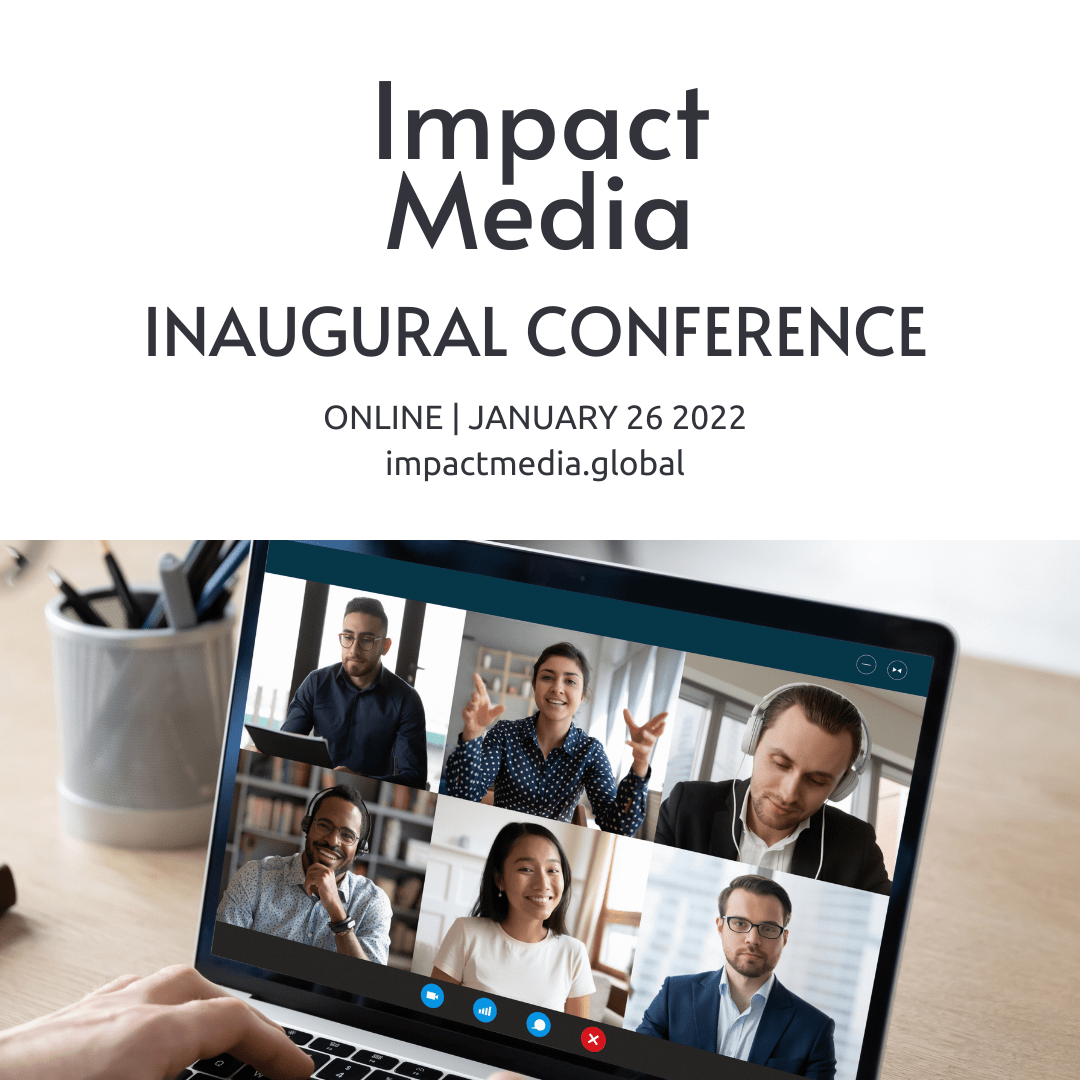

Impact Media - building common cause
A review of how civil society ‘social impact media’ is funded, structured and delivers positive social change in the United States, India and Sri Lanka, with recommendations for the UK.
Caroline Diehl MBE - Churchill FellowshipSummary of Findings & Recommendations

The context for my Churchill Fellowship
In the UK, media rooted in civil society with social impact at its heart, in communities of place or interest — is increasingly struggling, with a few innovative exceptions, to maintain audiences, build financial sustainability and deliver social impact in our communities and nations.
From earlier connections with media organisations in the US and India I knew there were funding models and ownership structures that in the UK we could learn from, replicate and adapt, across both ‘legacy’ and ‘start-up’ impact media.
My vision is to build up and sustain a strong infrastructure of local, national and global social impact media across our four nations in the UK, and also globally, to withstand and adapt to wider economic, social and digital challenges.
What I researched
For my Churchill Fellowship I set out to research:
Funding models: what funding mechanisms, processes, messaging and partnerships were being used, and why, what was working well, and how they were evolving.
Organisational structures, ownership and governance: what was effective in growing both financial sustainability and social impact.
Social impact: how these funding and ownership models impact democracy and citizenship, voice, visibility and positive social change.
I visited over 50 organisations in the US, India and Sri Lanka, meeting over 100 individuals with a wide range of experience and insights into social impact media. Thank you to so many people for your time, insights and openness.

An overview of my findings
I came back to the UK inspired by the innovation, flexibility and adaptability, technical skills, resourcefulness and dedication of the people and projects I visited.
I was inspired by the commitment to supporting social impact media — across funders and donors, infrastructure organisations, academics and crucially, among audiences and communities.
I am convinced that there is much we can replicate and adapt in the UK and globally to benefit and strengthen social impact media, communities and civil society.
Summary of my Findings from the US, India and Sri Lanka

Finding 1: Impact media is a vital force for good - and growing.
Social impact media in the US, India and more recently in Sri Lanka, is a vital force for good across grassroots to national audiences and is underpinned by committed, passionate and entrepreneurial people and communities, from across all ages, social and professional backgrounds, and skill sets.

Finding 2: Funding models are working well, supported by individuals and institutions.
A majority of funding for impact media in the US and India is now coming from individual supporter contributions from audiences and communities, alongside significant financial support from charitable foundations and philanthropists, and more recently, impact investors. Entrepreneurial income models are growing.

Finding 3: Ownership and governance models are flexible and effective.
Organisational structures, ownership and governance models are, in the most effective organisations, entrepreneurial, dynamic, and often in transition, involving partnerships, collaborations and mergers, leading to increased audiences, social impact and financial sustainability.
I saw less rigid differentiation between charity and commercial, non-
profit and for-profit models than in the UK, with a focus on structural and governance solutions to drive, and evidence, social impact and audience engagement — and the supporter contributions to deliver these.
Finding 4: Innovative partnership solutions are re-building impact media infrastructure
Where social impact media was lacking, disappearing or weak, whether for geographical communities or for ‘communities of interest’, I often found a powerful mix of entrepreneurial innovation and philanthropic intervention, working together, to retain, re-build or start up an impact media infrastructure, through both legacy media and digital innovation.

Finding 5: Civil society wants to sustain and grow social impact media
Civil society in the US and India, and increasingly in Sri Lanka, values social impact media, and is finding solutions to sustain and grow this social and democratic resource. Social impact media is seen as a major driver of community, social change, democratic and civic engagement, voice and equity, education and skills, social enterprise and innovation.
Summary of Recommendations for the UK
Inspired and informed by my findings during my Churchill Fellowship travels in the US, India and Sri Lanka, visiting a wide variety of impact media projects, media funders, media social entrepreneurs and media support agencies, I am making the following five recommendations for the UK.
"Now is the time, while ensuring we do not lose our unique public service and commercial media ecology, that in parallel the UK can invest in growing a third layer of media — civil society media, community media, media with social impact as its primary objective — impact media."
Caroline Diehl MBE, Churchill Fellowship Report

Recommendation 1:
Inspire and enable UK charitable foundations, lottery distributors, philanthropists and impact investors to fund and support social impact media.

Recommendation 2:
Grow individual contributor income from audiences and communities, developing the culture, skills and resources across our UK impact media sector to build sustainable income from individuals, through donations, membership, community shares, social enterprise and subscriptions.

Recommendation 3:
Create more entrepreneurial and flexible ownership and governance models for UK impact media organisations, including a mix of charitable and social enterprise strategies to enable growth in grants and donations, individual contributions, commercial income and impact investment.

Recommendation 4:
Invest more in growing, evaluating, communicating and celebrating the social impact of impact media, to grow positive social change across our communities and inspire new sustainable funding models and partnerships.

Recommendation 5:
Develop specialist infrastructure support for impact media in the UK, to provide best practice, training, policy and research, alongside initiatives such as match funding challenges and awards, building connections with impact media in other countries, and creating a network of local impact media hubs across the UK.

Next steps for the UK:
I hope that my recommendations will be a catalyst so that together we can secure the resources to reverse the decline in impact media in the UK, supporting a growing multi-layered network of creative, innovative, entrepreneurial, highly impactful, value-led and financially sustainable impact media initiatives.
Together we can build a powerful movement for democratic and civil society media, for social impact media, learning from each other, sharing best practice, resources, content and creativity through shared goals and common cause.

- Caroline Diehl's full Churchill Fellowship Report
This 100 page Report details many of the project visits to impact media organisations in the US, India and Sri Lanka in 2019 and 2020.
The Report makes detailed recommendations for impact media organisations in the UK to build sustainability and scale
Impact Media is a global network -
Connect and network with us!
Those of us working in, volunteering with, and supporting impact media share common goals, vision and values across the world.
The innovation, skills and commitment I saw during my Fellowship travels in the US, India and Sri Lanka were powerful.
I hope we can build closer connections and collaboration between impact media organisations across the UK and globally.
As I was often told on my travels,
“We don’t spend enough time learning from each other, sharing our common goals and vision, we don’t even know each other in our own countries, let alone across the world! We are just heads down trying to survive. Let’s change that, connect and form a movement.”
My heartfelt thanks to The Churchill Fellowship and the Rank Foundation for giving me this unique opportunity, and to the many organisations and people in the US, India and Sri Lanka that have shared so much for us in the UK to be inspired by and learn from.

Do you create, fund, support or enable social impact media?
We held our inaugural Impact Media conference, online from 2-6pm GMT, on Wednesday 26th January.
Over 60 delegates and speakers from India, USA and UK joined to debate, share, connect, engage - and be part of our journey to grow impact media in the UK and globally.
Tickets included 4 additional follow-up sessions in February, the full Impact Media research and a Conference Report.

Sign up to our newsletter.
Be the first to hear about news and stories, research and best practice from Impact Media platforms around the world.
Connect with inspirational Impact Media organisations, as well as funders, academics and policy-makers.
Join our events to debate, share and connect across the UK and globally.
© 2021
